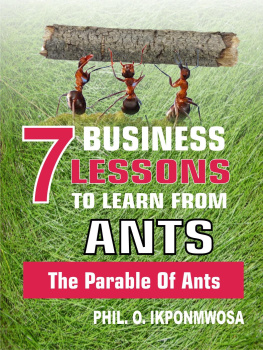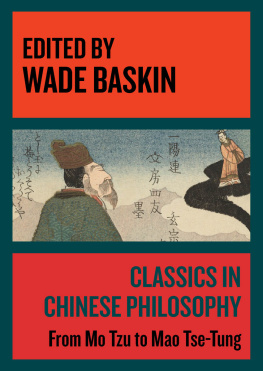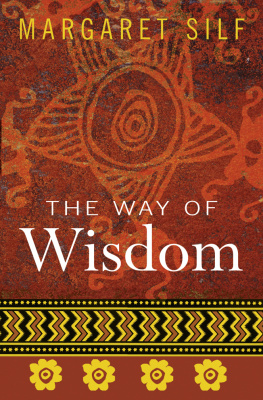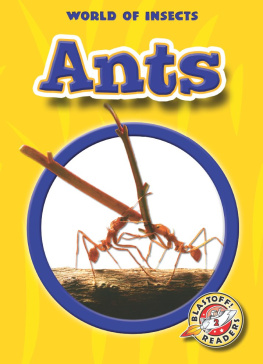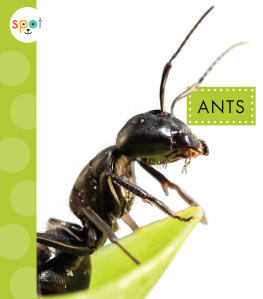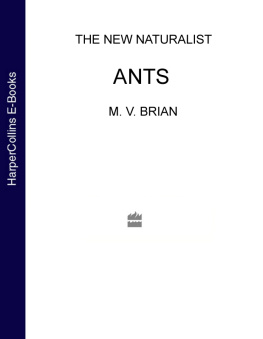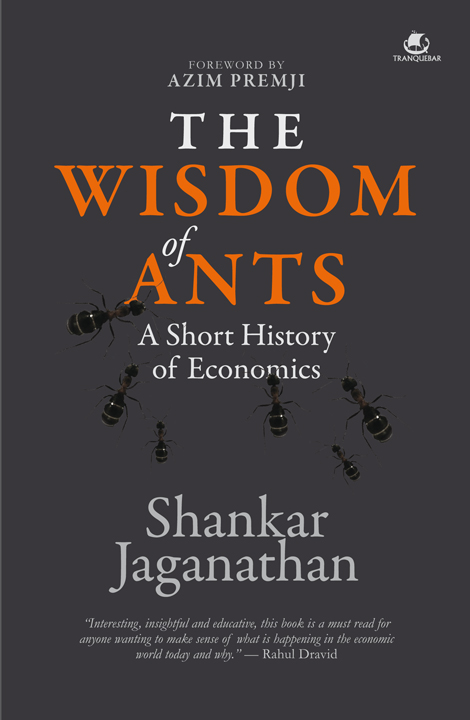
Tranquebar Press
Shankar Jaganathan
Shankar Jaganathan is passionate about economic history, sustainability practices and corporate governance. A chartered accountant and law graduate, he has varied experience in corporate, academic and social sectors in a career spanning twenty-five years. A select list of the entities and institutions he is/was associated with includes Wipro, Azim Premji Foundation, Indian Institute of Science, Union Bank of India, Oxfam India and Narsee Monjee Institute of Management Studies. He currently divides his time between corporate consulting for rapidly growing entities, teaching, research and writing. He is also an independent director on the boards of Indian corporates and NGOs, and teaches at leading management schools.
Shankar is the author of Corporate Disclosures: 1553-2007: The Origin of Financial and Business Reports, published by Routledge in 2008. This book was selected by the Indian Society of Training and Development, New Delhi for commendation in 2010 and was awarded a cash prize.
The Wisdom of Ants: A Short History of Economics
by
Shankar Jaganathan

Tranquebar Press
An imprint of westland ltd
Venkat Towers, 165, P.H. Road, Maduravoyal, Chennai 600 095
No. 38/10 (New No.5), Raghava Nagar, New Timber Yard Layout, Bangalore 560 026
23/181, Anand Nagar, Nehru Road, Santacruz East, Mumbai 400 055
93, 1st Floor, Sham Lal Road, Daryaganj, New Delhi 110 002
First published in Tranquebar by westland ltd 2012
Copyright Shankar Jaganathan, 2012
All rights reserved
10 9 8 7 6 5 4 3 2 1
ISBN: 978-93-82618-01-0
Inside book formating and typesetting by Ram Das Lal
Printed at Thomson Press India Ltd
This book is sold subject to the condition that it shall not by way of trade or otherwise, be lent, resold, hired out, circulated, and no reproduction in any form, in whole or in part (except for brief quotations in critical articles or reviews) may be made without written permission of the publishers.
Dedicated to
Mr Azim Premji,
The Visionary Philanthropist.
Actions speak louder than words.
Contents
Critics of the capitalist model have long been concerned about economics dominating all aspects of our lives and crowding out other important considerations, be they social, political or ethical in nature. This extreme economic focus is seen to reduce the humane connect between individuals in a society and make them less responsible to each other. The widening income and wealth disparity, coupled with a deep social divide, has only heightened the anxiety of these critics. On the other hand, there are people who have been blind supporters of the capitalist, free-market model, believing it to be the path to all kinds of well-being.
The 2008 financial crisis has certainly prompted many to re-examine the basic premises of the prevailing economic models. Even people in the extremities of the two camps have been engaged in debate and exploration.
As an interested observer not belonging to either of these groups, I have often wondered if economics is a subject that should be left to the specialists. Economics no longer deals with technical issues that touch the periphery of our lives, and that can be left to the sole care of specialists. By impacting human life in multiple ways and at multiple points, I think economics has come into the popular domain uninvited. Given its entry, I believe every individual has an obligation to think for themselves and contribute to setting a basic economic agenda for their society.
The choice between alternative economic paths is quite sharp and has a significant influence on most important issues in society. In addition, the alternatives are built on very distinct foundations. At the core, the choices revolve around finding the balance between a few key issues: for example, promoting self-interest vs. altruistic behaviour as the primary driver in society; creating a competitive vs. cooperative environment; choosing between the social good and individual good; and using economics with the definiteness of a physical science vs. the tentativeness of a social science. As is apparent, these are difficult and complex choices.
There is certainly helpful reading material available for any non-economist to think through these issues, but not much of this material has the historical sweep of Shankar Jagnathans book, The Wisdom of Ants: A Short History of Economics .
The Wisdom of Ants is a book on the philosophy of economics, which is panoramic in view, historical in approach and conceptual in nature. By looking at a long time-span of three millennia, and across all major civilizations, cutting across diverse ideologies and relating them to the challenges of the twenty-first century, this book fills a critical gap in our popular discourse. While this book may not provide any new or definite answers, and each one of us may have different views on the issues, it does raise a set of relevant questions and captures alternative approaches in answering them. I liked in particular the narration of historical episodes: resolving the value paradox, the three contests between the demand-side economists and their supply-side counterparts spread over two centuries, and the birth of the Nordic economic model. The simplicity of these narrations, rich in detail and strong on emotions makes them memorable and conceptually vivid.
I commend this book to all interested citizens who want to form their own views on economic issues rather than borrow the views of others (despite the fame or renown of their proponents). I think forming our own views, and not borrowing those of others is at the core of creating a thinking society, which in turn is at the core of creating a better society. So, even on economic issues, we must take up this responsibility of thinking and forming our own views, and not outsource it to the professional economists. This is not to say that amateurs (like me) should be deciding the mechanics of the economic system or driving it. But as interested and affected parties we definitely have the right, if not the duty to set the charter for the economics professionals.
The charter that I personally subscribe to is the development of a just, equitable, humane and sustainable society and I hope that the economists (and everyone else) consider this seriously.
Azim Premji
Bangalore
It is the story that matters, not just the ending.
Paul Lockhart
A strange paradox is at play. Contrary to the expectations of many who view the emergence of economics as an answer to the problems of scarcity, this discipline rather than decreasing in importance with the wealth at our command, has increased. Not only has its prominence grown, but economics is also invading other spheres of human life. Garry Becker, the Nobel laureate, said, Economic imperialism is probably a good description of what I do. This comment was in the context of his work on examining issues like marriage and the decision to have children using an economic lens. By equating the decision to have children with buying consumer durables, he imperialistically expanded the domain of economics by shrinking the scope of other social sciences.
The increasing influence of economics in many spheres of human life is not a fringe phenomenon, and has slowly but surely influenced mainstream thinking. Stemming from this is the widespread support for ideas that place the market as the primary decision-making apparatus in society. Given this increased importance accorded to the economic lens in viewing human life, it is worth examining the factors that have led to this situation.
Next page

